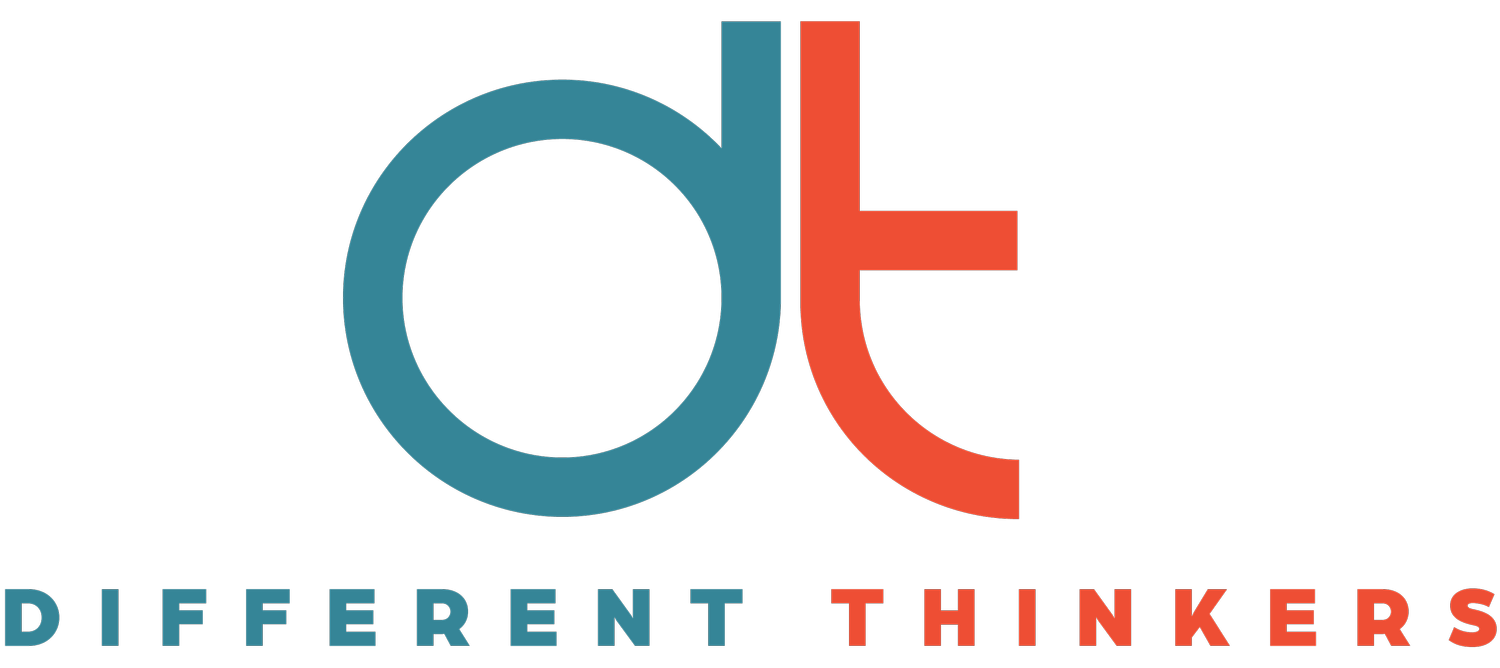Neurodivergent Health
We're excited to welcome you on a journey to nurture your neurodivergent health. Our handpicked resources are here to help you navigate the wealth of information out there. Join our group programmes in 2025 to learn from our nutritionist, engage in dramatherapy sessions, or connect with our meditation specialist. We truly believe in celebrating neurodiversity as a beautiful aspect of the human experience.
Visit our programmes page for more information. We can't wait to welcome you and build a supportive community together.
Therapies
Cognitive Behavioural Therapy (CBT)
CBT has many benefits for neurotypical people, such as helping with anxiety and depression. It has also been suggested that cognitive behavioural therapy for ADHD and autism can improve inattention and executive functioning. We suggest trying it out, but be aware that although cognitive behavioural therapy may be effective for some, it is not always suitable for neurodivergent individuals, and a more personalised approach to therapy may be more effective.
NHS Link: Cognitive behavioural therapy (CBT)
Dramatherapy
Dramatherapy is a wonderful form of psychotherapy led by qualified and clinically trained dramatherapists. It involves using drama and theatre-arts creative techniques like storytelling, role-playing, movement, and improvisation with the purpose of fostering therapeutic change, adaptation, or self-development. Some benefits for neurodivergent individuals can be to help explore their emotions, develop communication skills, and gain confidence.
NHS Link: Dramatherapy
Mindfulness Therapy
Mindfulness is becoming more popular as a method to decrease stress, elevate positive emotions, and improve overall well-being. For individuals on the autistic spectrum, mindfulness has demonstrated potential in assisting with core symptoms of autism, particularly social challenges.
Studies also indicate that it may enhance cognitive functions like executive functioning, such as control over inhibition and attention. In the context of ADHD, research suggests that mindfulness can enhance attention while decreasing impulsivity and hyperactivity. Furthermore, research has shown that mindfulness can be beneficial for various other forms of neurodivergence.
NHS Link: Mildfulness
NHS Trust: Mindfulness based cognitive therapy
Dialectical Behaviour Therapy (DBT)
DBT is all about assisting young individuals who are grappling with intense emotions. It aims to aid those who may find it difficult to manage their feelings, control impulses, and navigate relationship challenges. This therapy approach combines mindfulness with a focus on recognising and replacing less constructive behaviours with more beneficial ones. The goal is to empower young people with new skills to better navigate life's highs and lows with increased ease and resilience.
NHS Link: Dialectical Behaviour Therapy
Occupational Therapy
Occupational therapy is a form of healthcare that provides support to individuals of all ages facing physical, sensory, or cognitive challenges. Through occupational therapy, people can achieve greater independence and engage in activities that are important and meaningful to them, such as work, leisure, and daily living tasks. You can get occupational therapy free through the NHS or social services, depending on your situation.
NHS Link: Occupational therapy
Physical Health
Nutrition
Nutrition plays a crucial role in supporting neurodiversity. It helps fuel the brain, regulate mood and behaviour, and provide stable energy for better concentration. Our common challenges can include limited food choices, heightened sensitivity, and digestive issues.
Eat an apple or put a warm sultana anywhere near us and we may not speak to you for a week. Sound, texture, light, and even temperature can have profound reactions for us, but it’s important that this doesn’t lead to nutritional deficiencies.
Common neurodivergent nutrient deficiencies can include:
Vitamin D
Omega-3
It has been observed that individuals with autism and ADHD often have lower levels of magnesium and vitamin B6. There is a potential link between magnesium levels and noise sensitivity in neurodivergent individuals.
Iron
Vitamin C
NHS Link: Vitamins and minerals
Walking
Walking is a wonderful and accessible activity that can have tremendous benefits for neurodivergent individuals. For those of us with ADHD, there is often a lack of dopamine in the brain, and engaging in physical exercise can naturally boost dopamine levels, helping to alleviate symptoms of ADHD. This natural boost is akin to the effects of ADHD medication. Additionally, incorporating meditation and mindfulness practices into your walks can be a simple and natural progression.
NHS Link: Walking for health
Yoga
Practising yoga, meditation, and mindfulness together can bring about some wonderful outcomes. Yoga has the power to enhance social and communication skills, alleviate anxiety, foster a positive self-image, and promote being fully present in the moment. It's a combination that can enrich your overall wellbeing.
NHS Link: Pilates and yoga exercise videos
Other
There are plenty of other great forms of exercise you can do either on your own or in a group, such as climbing, cycling, martial arts, and running.
Ideally, you could embellish and have a paragraph for each so you wouldn't need the above (I've just c&ped from google ai):
Climbing
Climbing, including bouldering, can offer significant benefits for neurodiverse adults by providing opportunities for sensory integration, social interaction, and emotional regulation. Many climbing gyms are also working to create inclusive and supportive environments for neurodivergent climbers.
Cycling
Cycling can be a beneficial activity for neurodiverse adults, offering both physical and mental health advantages. It can improve physical fitness, coordination, and balance, while also providing opportunities for social interaction and a sense of independence. Additionally, cycling can positively impact mood and reduce anxiety, which can be particularly helpful for individuals with conditions like autism or ADHD.
Martial Arts
For neurodiverse adults, martial arts can offer structure, focus, and opportunities for socialization and physical activity. Specific martial arts like Brazilian Jiu-Jitsu, Karate, Tai Chi, and Aikido are often cited for their adaptable nature and potential to improve focus, coordination, and confidence.
Running
Running can improve mood, provide a natural dopamine boost, and help regulate emotions, particularly for individuals with ADHD or autism. Furthermore, running can foster a sense of community and social connection, which can be beneficial for managing symptoms and building confidence.

